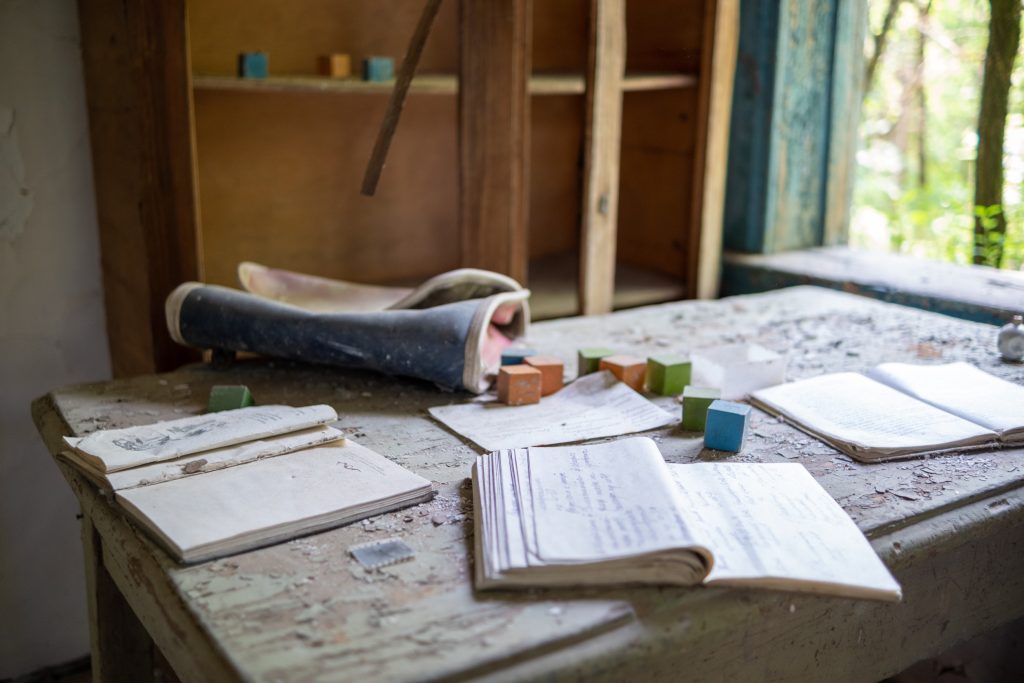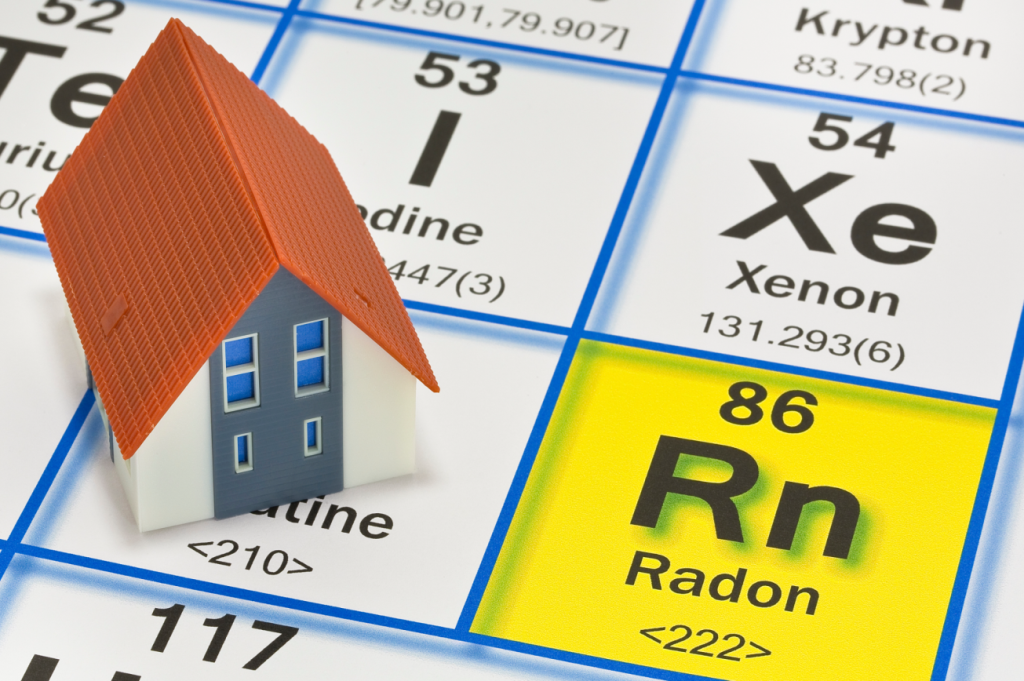
Fixing and flipping real estate—buying properties, renovating them, and selling them for a profit—can be highly profitable if done right. However, it also carries significant risks if not managed properly. As a hard money lender, we see some of our borrowers building thriving businesses and others giving up after their first transaction.
Trust me, the luck of the draw has little to do with it. What sets a successful real estate investor apart is their discipline in following the best strategies for a successful fix-and-flip investment. The good news is that you don’t have to reinvent the wheel or learn by trial and error. We’ve put together a detailed list of these best practices that is thoroughly reality-based. I can attest that ignoring each item on this list can drain your project’s profits. In contrast, paying careful attention to each bullet point will increase your profits and minimize your risk.
 New Funding Resources
New Funding Resources 









